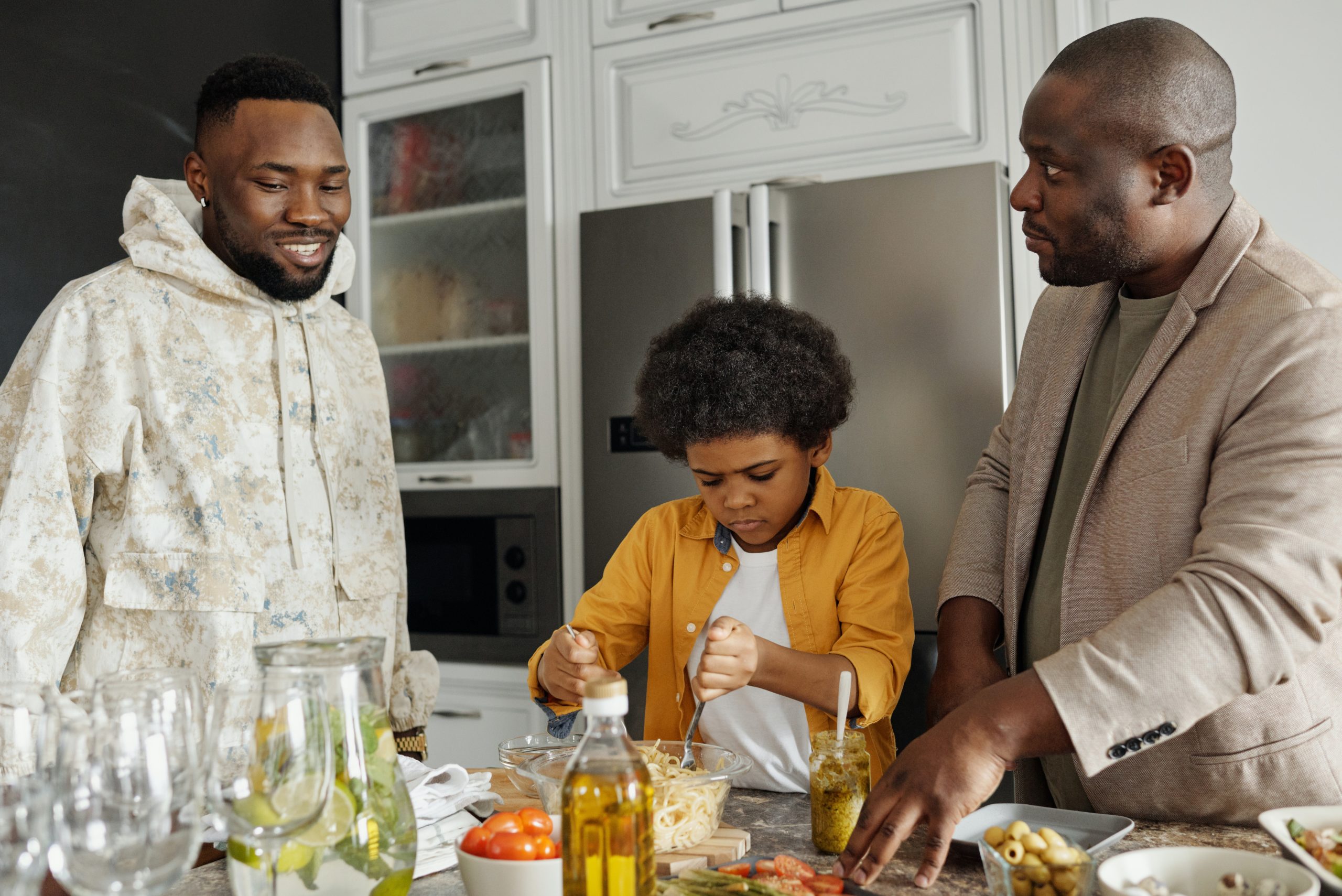Sue Arteaga started baking at a young age. As part of a blended family of 9, she remembers baking her first batch of cookies at age 6 with her stepmother who loved to bake and has fond memories of baking her first full cherry pie complete with lattice. After that, baking became an escape for Arteaga when many of her older siblings grew up and went to college. And when her stepmother passed away four years ago, baking helped her and her family grieve their loss. Little did she know that baking was a way for her to relieve stress at the time.
“We were all at my dad’s house and there I was in the kitchen, baking. My dad still has the same cookie sheets and cooling racks, and I was transported back to the days of when I was young, baking with my stepmom,” said Arteaga, customer service manager at Storter Childs in Gainesville. “We made all her favorite family recipes, plus Tollhouse cookies. In some way it kept us all connected to her even though she wasn’t there anymore. It brought up memories, stories, tears, laughter and love.”
These feelings of peace that were brought to Arteaga through baking has been affirmed by many psychologists who confirm that baking for others can brighten your mood and improve your mental health.
When we bake for others, we engage in altruism, which has been shown to reap mental health benefits, as it can relieve stress and make you feel like you’ve done something good for the world, which perhaps increases your meaning in life and connection with other people.
What the experts say
Culinary arts therapy is becoming a more common form of therapy. Julie Ohana is a licensed clinical social worker who also has a culinary arts therapy practice in Michigan. She touts the many benefits of culinary arts therapy such as time management, enhanced communication skills, patience, mindfulness and building self-esteem—all of which can improve mental health.
“When you bake or cook for others, the best part is the confidence boost that the baker/ cook receives. When the person or people eating the food gives positive feedback and words of praise it really can build a person’s concept of self-worth and identity. It helps to show them they can actually create something worthwhile, or tasty, nourishing and beautiful. These feelings over time are internalized and can help lift a person up,” Ohana said.
What can you do?
Baking for others is a form of behavioral activation therapy which works to decrease depression symptoms such as avoidance and isolation by engaging in activities that can improve mood. For those who are interested in using baking as a therapeutic tool, Ohana suggests starting slowly and not expecting expert results.
“A good basic tip is not to over reach. If you are a beginner—do not aim for Julia Child 4-star recipes. Start simple and build up. Use basic skills and recipes. Start slow, be patient with yourself and keep working at it. Just like any other skill, mastering anything takes time and effort. When you choose who should be the guests that receive your dishes, pick people you feel safe with and who have your best interest at heart,” Ohana said.
Related articles
5 Items To Brighten Up Nighttime Workouts
Looking Good And Feeling Better: Wear What Makes You Happy
Fitness And Nutrition: The Magic Formula
Whys Is It So Important To Eat A Healthy Breakfast?

